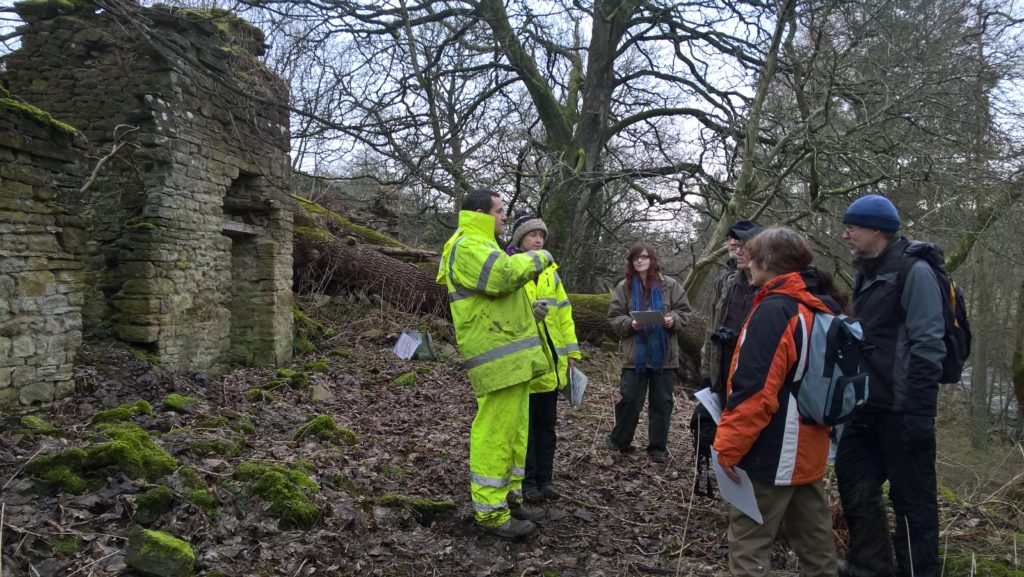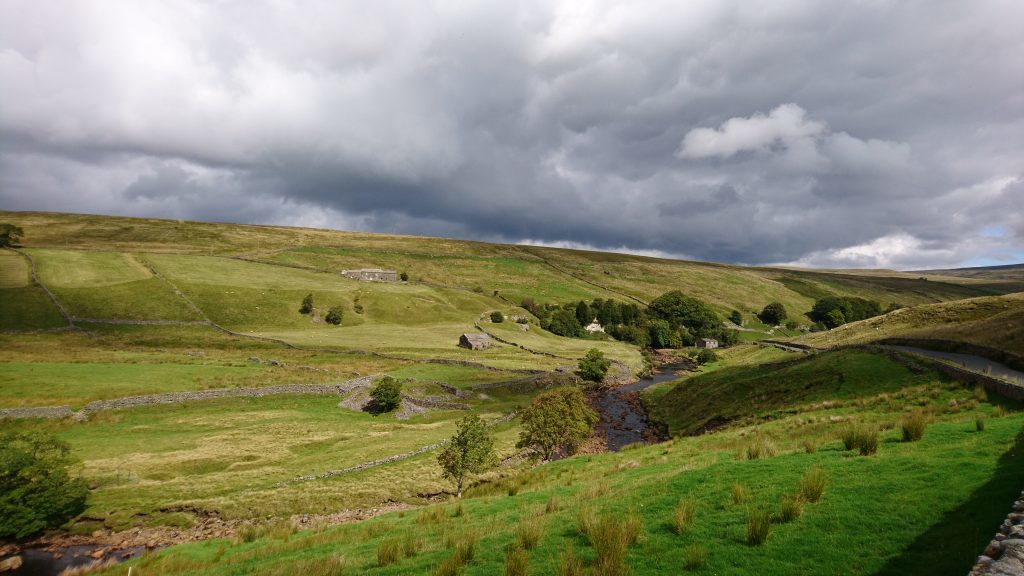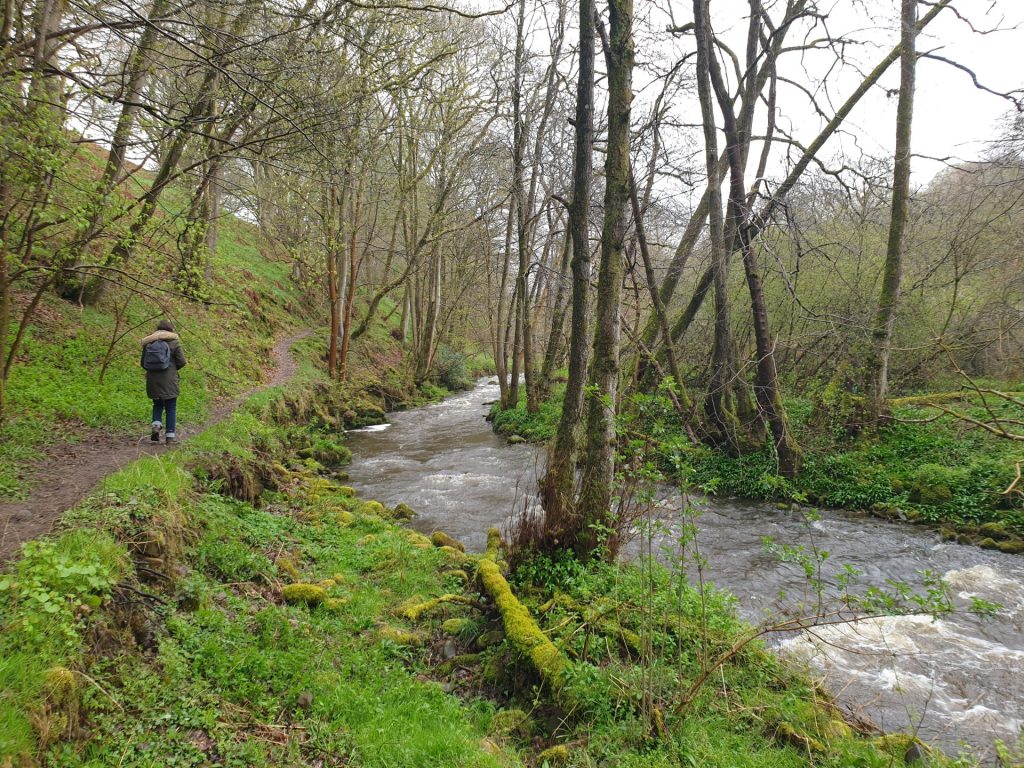What we do
Water voles
The water vole was formerly common throughout mainland Britain.
However over the last 30 years or so, they have undergone one of the most catastrophic declines ever recorded in the UK and are now one of Britain’s most threatened native animals. Recent national and regional surveys suggest that only one fifth of the sites occupied by water voles during 1989-90 are occupied today.
In lowland areas in particular water vole habitat has been lost or damaged, leading to isolation of water vole populations. This has led to an increased vulnerability to predators, especially the American mink. Mink have been spreading throughout Britain since the 1970s after their earlier introduction to this country for fur farming.
Anecdotal evidence in the North Pennines suggests that numbers of mink peaked following release or escape from fur farms in County Durham & Northumberland in the 1990s.
Water voles survive in the very upper reaches of most of our main rivers. There is some perfectly good habitat further downstream in many of these areas and so the assumption is that their absence is due to predation by mink either now or in the past. Intensive gamekeeping and extensive grazing in these upper reaches probably contributes to water vole survival.
More information
More information is available in our publication Water voles in the North Pennines
Land managers can learn more about ditch clearance and the issues surrounding water voles and the law in Water voles in the North Pennines: ditch maintenance, the law and best practice. Updated distribution map showing the water vole activity zone, and more localised and detailed distribution maps are available as pdfs on the right: (All maps© Crown copyright. All rights reserved. Durham County Council LA 100049055. 2012)
Can you help?
If you have information on water voles in the North Pennines please let us know. We will need to know where (grid reference if possible), when, and what you saw (water vole holes, droppings or the actual animal). Email us on info@northpenninesaonb.org.uk











